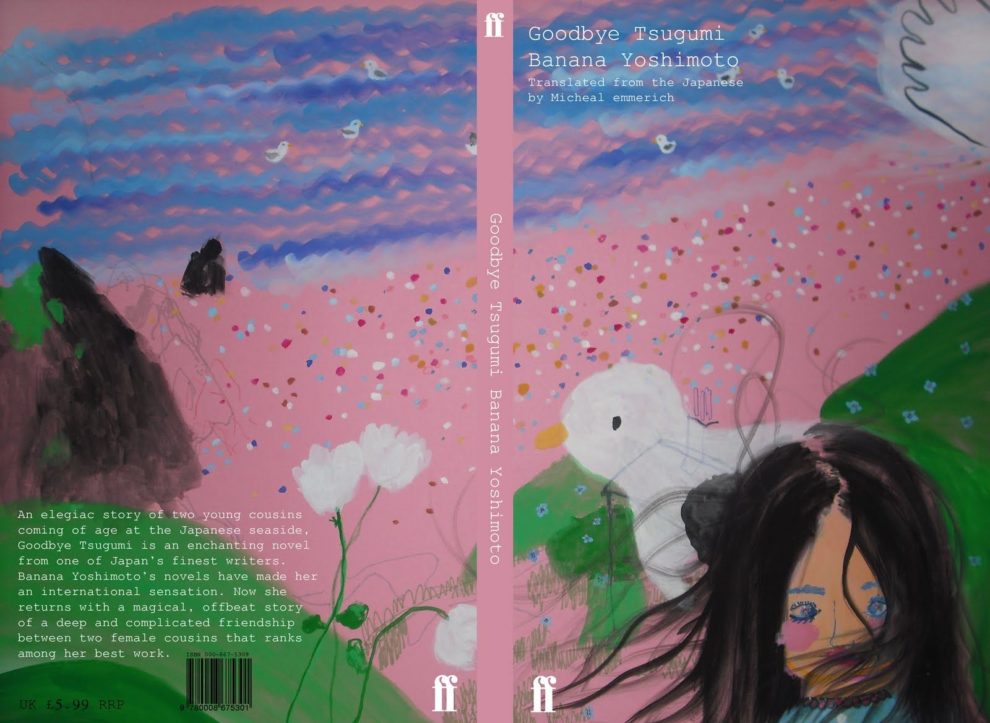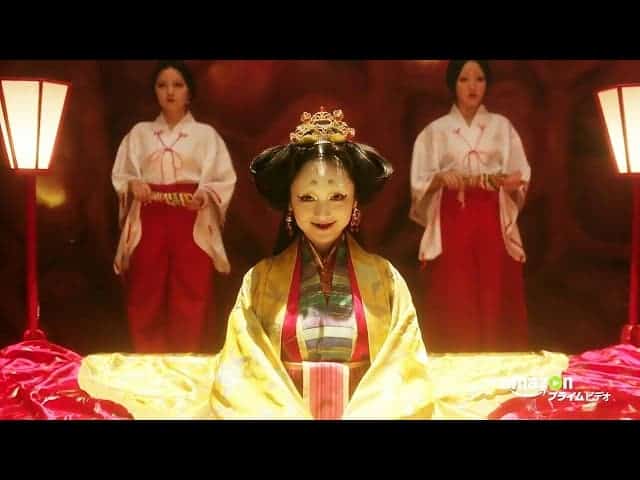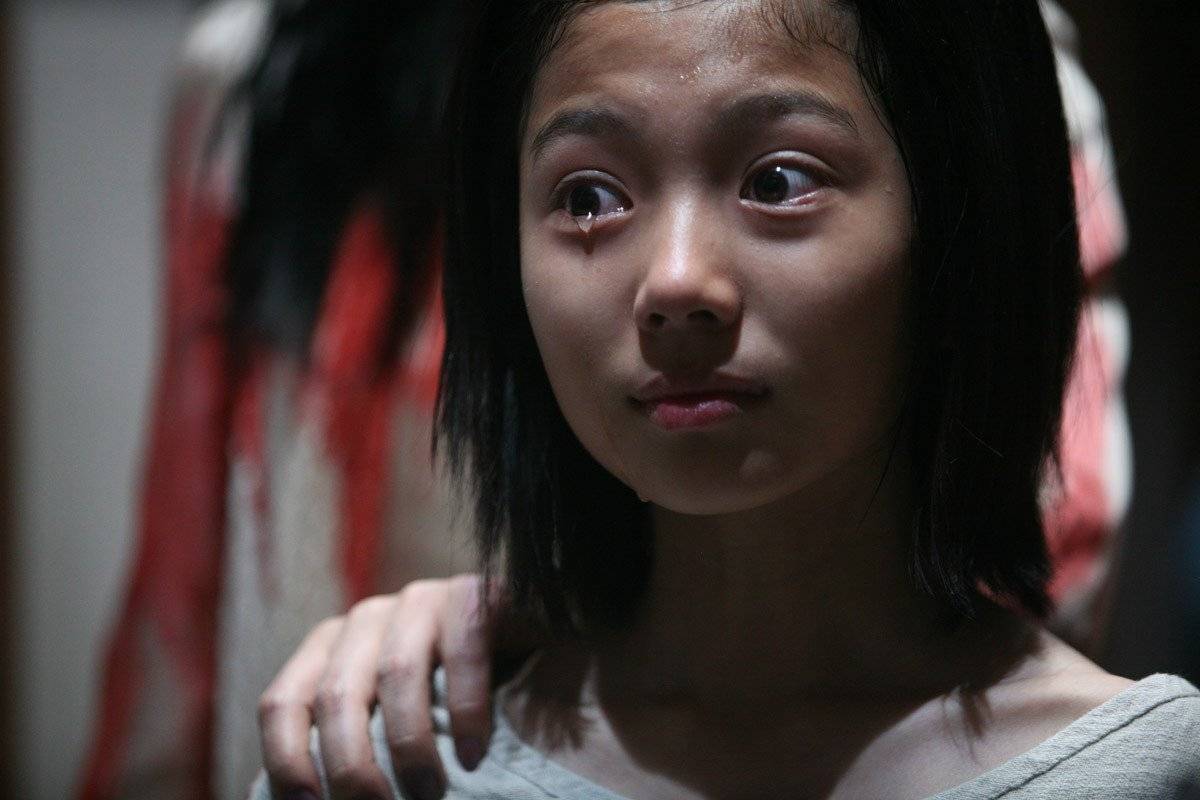Considered one of the best novels by Banana Yoshimoto, “Goodbye Tsugumi” won the 2nd Yamamoto Shugoro Prize and was also transferred to cinema in 1990, by Jun Ichikawa.
Buy This Title
on Amazon
The story unfolds in two parts and focuses on the friendship of two cousins, Maria and Tsugumi, with the first one having the role of the narrator. In the first part, the former talks about her childhood as the only daughter of an unmarried woman, who grew up at the seaside, in the pension run by her aunt's family. Most of all, she focuses on Tsugumi, her spoiled, rude, cruel, charismatic and quite beautiful cousin, whose health issues have shaped her life and her attitude, as much as the life of the people around her. The second and largest part focuses on the present, as Maria, who has moved to Tokyo and is about to attend university, is invited by her cousin to spend a last summer by the sea, as a number of life changing events are about to happen.
Banana Yoshimoto pens a novel that unfolds on a number of levels. The most central one, obviously, is Tsugumi, and her rather intense, contradicting personality, which resulted in people having both rather negative and rather positive feelings about her, occasionally feeling sorry for her situation or smitten by her beauty in the case of the many boyfriends, occasionally hating her for her spoiled and spiteful behaviour. The love/hate relationships her persona generates also provide much entertainment, both through the dialogues that take place, particularly the fact that Tsugumi insists on calling her cousin ‘babe' or ‘wretch' or a number of other “inappropriate” names, and the events her behaviour instigates. Regarding the entertainment aspect, the “adventure” that takes place close to the end of the novel also adds in that aspect, even if the whole concept ends up being somewhat excessive, in probably the weakest moment of the book.

Furthermore, through Tsugumi, Yoshimoto also presents her comments on adulthood, family, relationships and love, life and death, in a rather intricate approach that has Maria trying to understand herself by understanding her cousin, and essentially, “forcing” the reader to do the same. In that fashion, the question of if Tsugumi is a good or a bad person, or how much her illness can be an excuse for her behaviour, permeate the narrative, essentially carrying it to the end.
On another level, the book also deals with Maria's relationship with her stepfather, and in conjunction, his with her mother, thus posing another question, of how much their relationship has shaped the young woman. The concept of the “summer people” , those who live by the sea and off tourism, mostly working in the particular season, is also interestingly presented, also through the difference between Maria who left this setting and Tsugumi who was left behind. The presence of Kyoichi also adds to all the aforementioned elements in essence, as his appearance functions as a catalyst on a number of levels.
Yoshimoto uses simple sentences to express the multileveled comments of the narrative, while the many changes from first-person narration to dialogue work quite well in terms of readability, in a novel that is overall quite easy to read also because, at 186 pages (Faber edition) it does not overextend its welcome in any way. Granted, there are some passages where the author seems to chatter a bit, particularly in Maria's narration, but these are very few, and in no way do they fault the overall great sense the novel leaves.
“Goodbye Tsugumi” is a great book, which hides much context within Yoshimoto's seemingly simple writing style, and a testament to her abilities as an author. On to watch the movie















